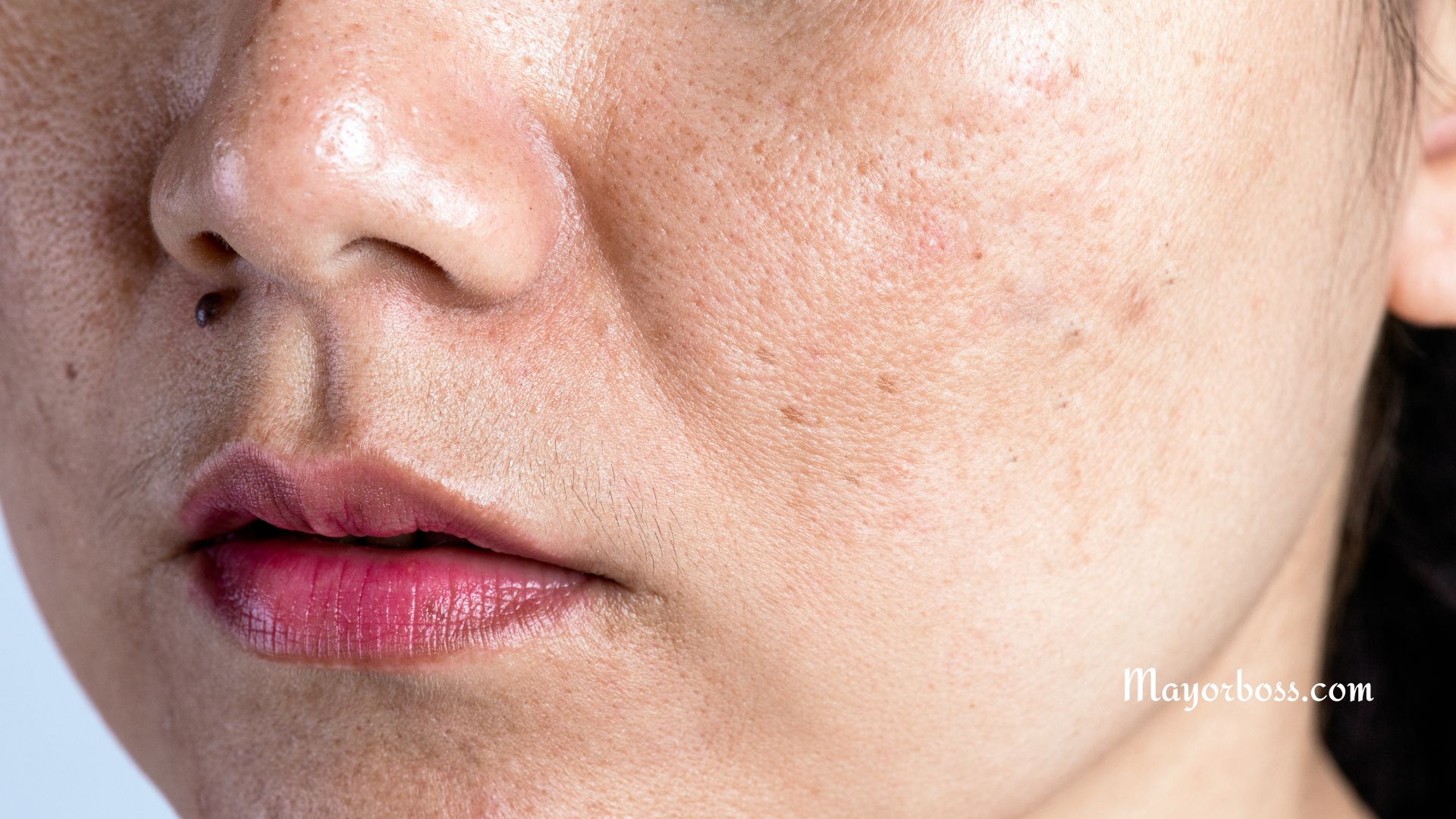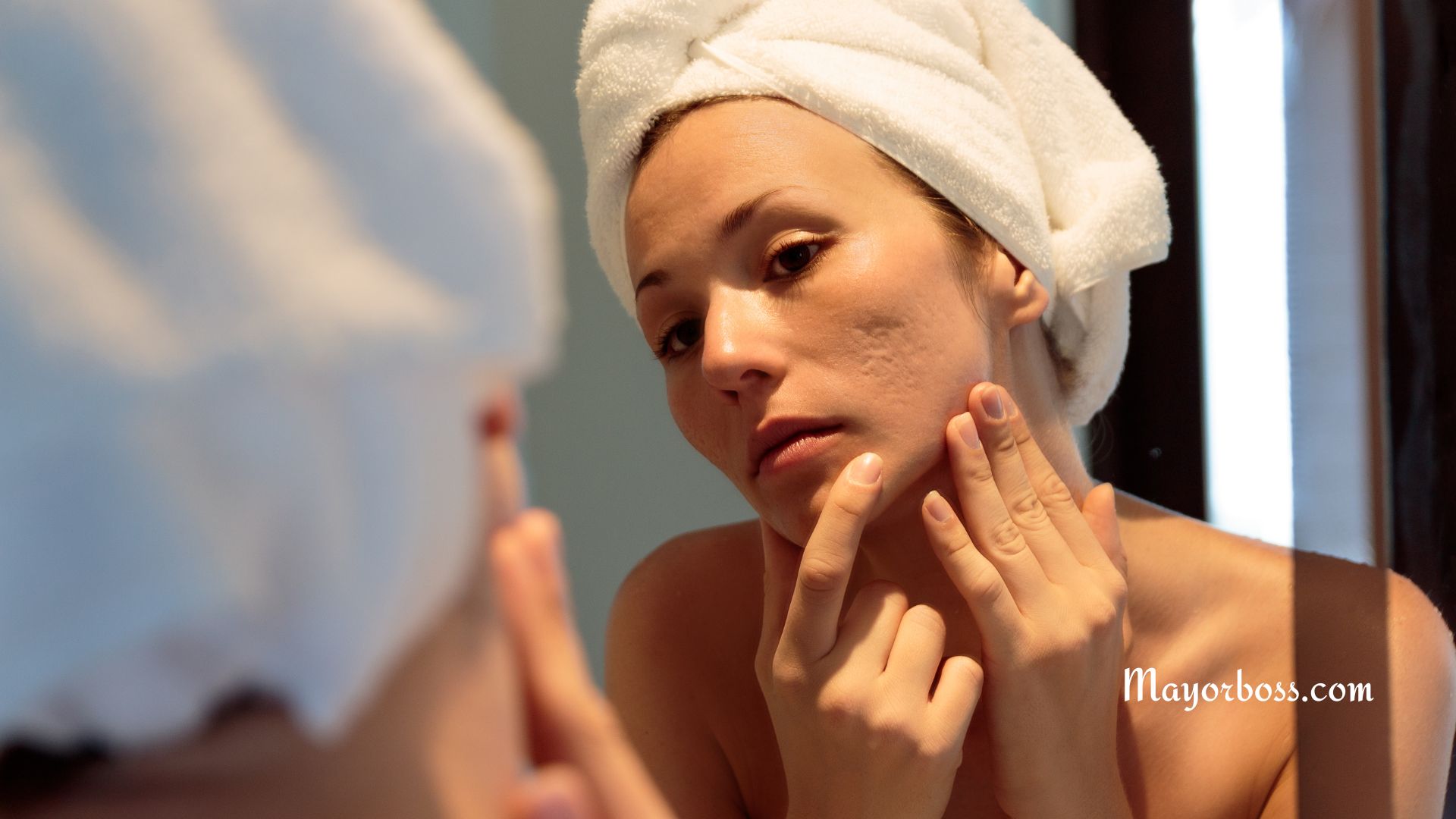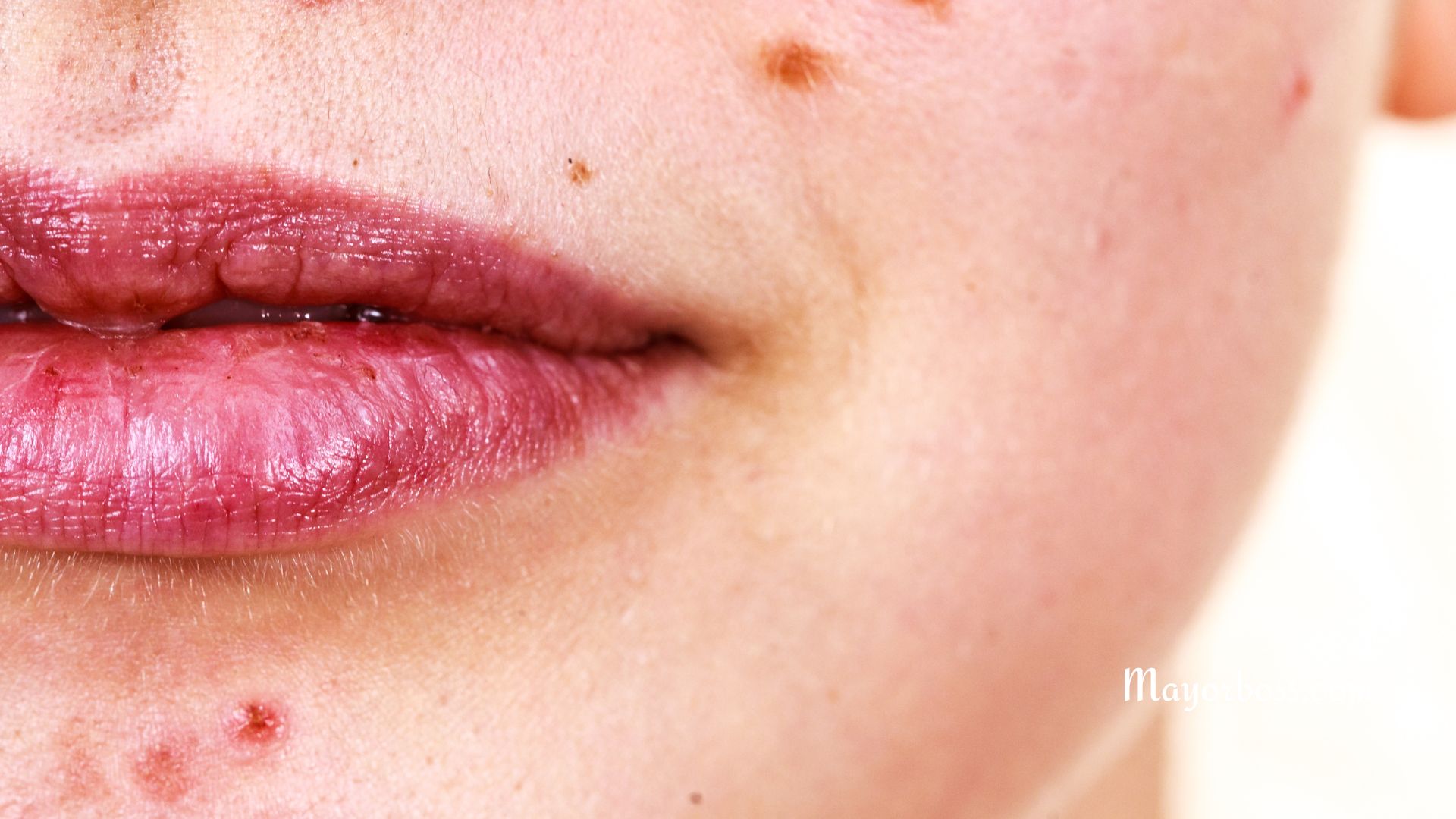How to Get Rid of Acne Naturally
Acne is one of the most common dermatological conditions. The good news is that there are natural ways to manage and reduce acne without using harsh chemicals. In this article, we’ll go over some natural methods that can help you fight acne and support healthier skin.

Make Sure You Wash Your Face Every Day
The first home acne treatment is keeping your skin clean. Washing your face twice a day with a gentle, natural cleanser is super important. Pick a cleanser that doesn’t strip away all the natural oils from your skin. Harsh soaps can make your skin dry, which can lead to more oil production. Instead, use a mild face wash made with natural ingredients like tea tree oil or aloe vera. These ingredients can help soothe your skin and fight the bacteria that cause acne.
Use Tea Tree Oil to Help Stop Acne Breakouts
Tea tree oil is a popular natural remedy for acne. It has antibacterial and anti-inflammatory properties that help fight acne-causing bacteria and calm down red, inflamed skin. To use tea tree oil, mix a few drops with a carrier oil like coconut or jojoba oil, then apply it to the affected areas with a cotton swab. Don’t use tea tree oil by itself, as it can be too strong and irritate your skin.
Honey and Cinnamon Mask
Honey and cinnamon work really well together to treat acne naturally. Raw honey has natural antibacterial properties, and cinnamon helps improve circulation and reduce inflammation. To make a mask, mix two tablespoons of honey with one teaspoon of cinnamon, put it on your face, and leave it for about 10-15 minutes. This simple mask can help soothe red and irritated skin.
Keep Your Skin Moisturized With Natural Products
It might seem like moisturizing would make acne worse, but keeping your skin hydrated is actually really important. Dry skin can cause more oil production, which can lead to more breakouts. Look for lightweight, non-greasy moisturizers made from natural ingredients. Aloe vera gel is a great choice because it hydrates without feeling oily and also calms irritated skin. Jojoba oil is also good because it acts like your skin’s natural oils and helps balance oil production.
Changing Your Eating Habit
People with acne are advised to limit or cut their intake of processed foods, sugary snacks, and dairy, which might help reduce acne. Foods high in sugar and refined carbs can directly cause spikes in blood sugar, which can lead to more oil and inflammation. Instead, try eating foods that are high in omega-3 fatty acids, like salmon, flaxseeds, and walnuts, which help reduce inflammation. Fresh fruits and vegetables are also great. Drinking lots of water helps keep your skin clear and hydrated too.
Apple Cider Vinegar
Apple cider vinegar can be used as a toner to help fight acne. It has organic acids that can kill acne-causing bacteria and balance the skin’s pH. To use it, dilute apple cider vinegar with water (one part vinegar to three parts water) and apply it to your skin with a cotton ball. Be careful—apple cider vinegar is strong, and if you use it too much or without diluting it, it can irritate your skin.
Avoid Touching Your Face During the Day
Touching your face can transfer dirt, oil, and bacteria to your skin, making acne worse. If you have a habit of resting your chin on your hand or touching your cheeks, try to break that habit. Also, make sure to clean things that touch your face often, like your phone, pillowcases, and glasses. These simple changes can help reduce breakouts.
Exercise to Keep Your Skin Healthy
When you exercise, you increase blood flow, which helps your skin get the nutrients it needs to stay healthy. Sweating during exercise helps clean out your pores, but it’s important to shower after working out and change out of sweaty clothes right away to avoid clogged pores.
Manage Stress
Stress can cause changes in your hormones that lead to acne. Finding ways to manage stress, like practicing yoga, meditation, or deep breathing, can really help reduce breakouts. When your stress is under control, your hormone levels are more stable, which means fewer flare-ups.
Get Enough Sleep
Getting enough sleep is another important part of keeping your skin clear. Not getting enough sleep can lead to more stress, which makes acne worse. Try to get at least 7-8 hours of good sleep each night so your body has time to rest, repair, and balance its hormones. When you sleep enough, your skin has time to heal, which means fewer breakouts.
Green Tea
Green tea is full of antioxidants that can help reduce inflammation and fight bacteria. You can drink green tea every day to help your body from the inside, or you can use it on your skin. To use it topically, brew a cup of green tea, let it cool, and then apply it to your skin with a cotton ball. You can also look for skincare products that have green tea extract in them.
Many acne treatments you buy in stores have harsh chemicals like benzoyl peroxide and salicylic acid, which can make your skin dry and irritated. If you want to go natural, stick to products with simple, plant-based ingredients that are gentle on your skin. Ingredients like witch hazel, aloe vera, and turmeric can help manage acne without causing dryness or irritation.
Natural treatments take time to work. Unlike chemical treatments that may show quick results but have side effects, natural remedies need patience and consistency. Stick with your routine for a few weeks before expecting big changes. Healthy, clear skin takes time, so be consistent with your natural remedies.
Natural treatments can work well for mild to moderate acne, but sometimes you need to see a doctor. If your acne is really bad, causing pain, or leaving scars, talk to a dermatologist. They can give you treatments that might be better for you.


